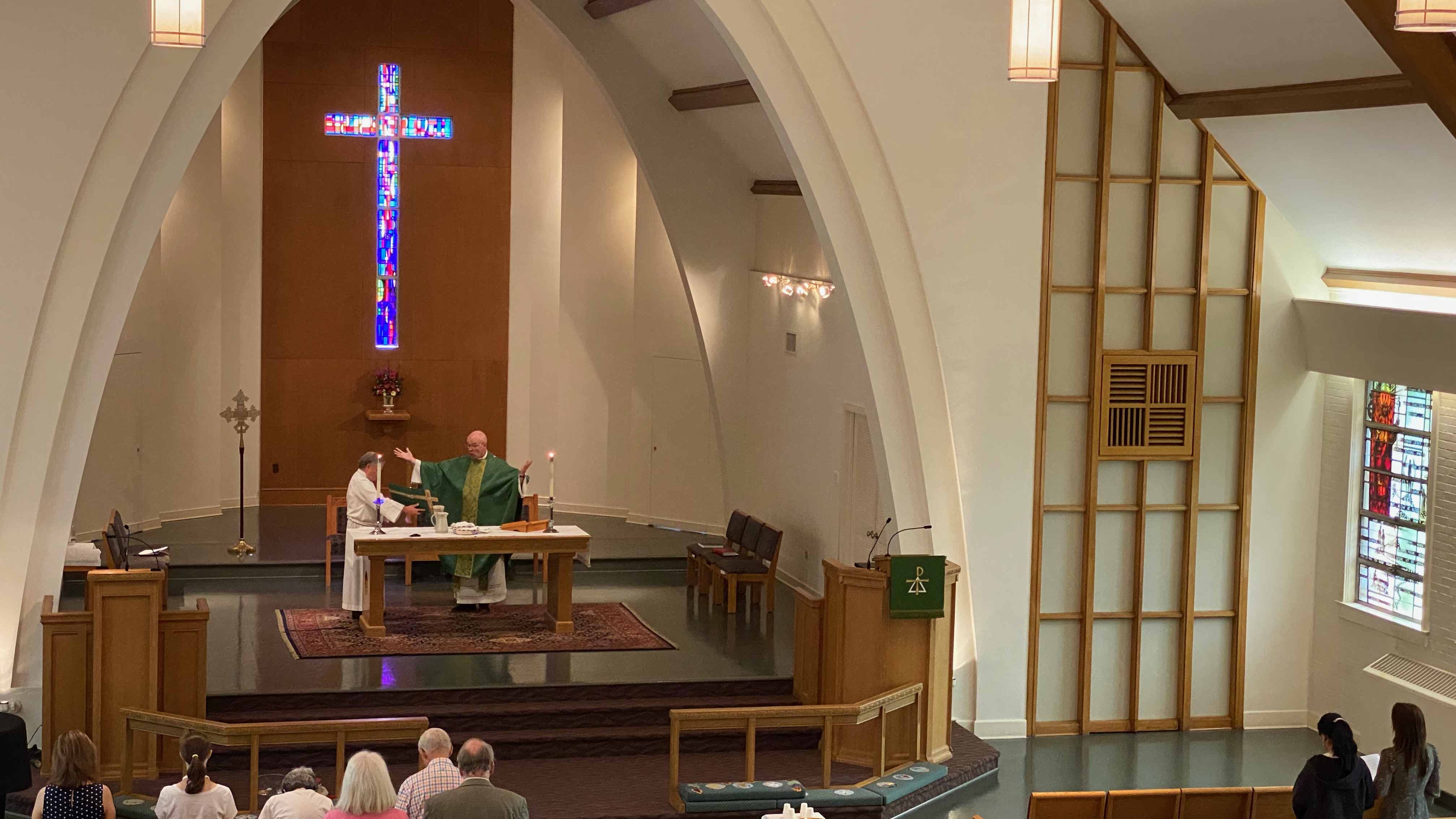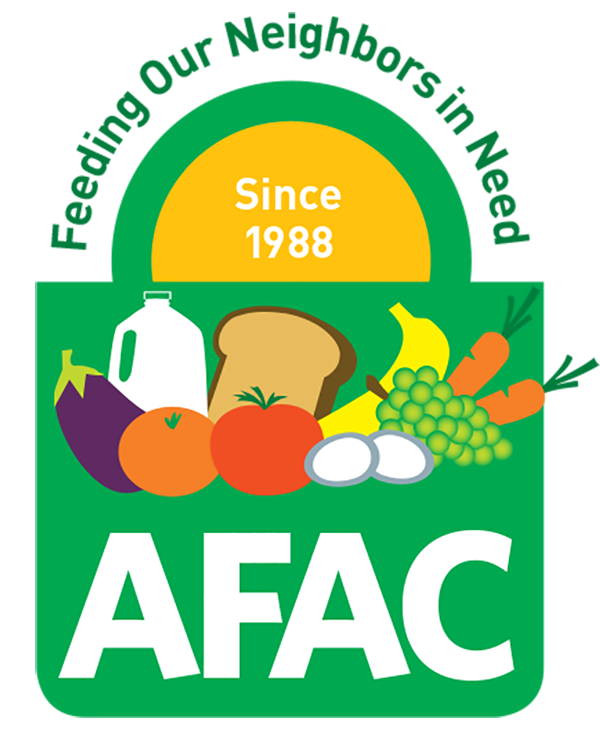Week of the Third Sunday of Advent
Advent Evening Prayer via Zoom on Wednesday, December 15
Join us for Advent Evening Prayer via Zoom this coming Wednesday, December 15, at 7:00 pm when Deacon Mitzi Budde will offer reflections on hopefulness. A Zoom link will be distributed via Constant Contact. The bulletin is below. Consider printing this out or having access to it electronically along with Evangelical Lutheran Worship if you have a copy at home
![]() Advent 3 Evening Prayer for December 15, 2021
Advent 3 Evening Prayer for December 15, 2021
“In Advent, When Our Eyes are Turned to Mary: Luther on ‘The Hail Mary’”
Dear Friends in Christ:
As the church’s season of Advent deepens and draws closer to Christmas, the Nativity of our Lord, the appointed lectionary passages turn our attention from John the Baptizer to Mother Mary, both of whom ultimately point us to Christ. This coming Sunday’s Psalmody on the Fourth Sunday of Advent features the Magnificat, the Song of Mary, and the gospel reading recounts the visit of Mary to Elizabeth, mother of John the Baptizer. It’s in the exchange between Mary and Elizabeth where we see part of the biblical foundation for the Hail Mary, long a popular devotional prayer especially for Roman Catholics in the Christian West. When Mary appeared at her house, Elizabeth exclaimed, “Blessed are you among women, and blessed is the fruit of your womb.” (Luke 1:42).
Here is the whole text of the Hail Mary: “Hail Mary, full of grace. The Lord is with you. Blessed are you among women, and blessed is the fruit of your womb, Jesus. Holy Mary, Mother of God, pray for us sinners now and at the hour of our death. Amen.” The first phrases of the Hail Mary derive from the visit of the angel Gabriel to Mary at the Annunciation, when the angel said to Mary, “Greetings, favored one! The Lord is with you.” (Luke 1:28) The second part of the Hail Mary, as stated above, comes from the exchange between Elizabeth and Mary. The third section of the Hail Mary consists of the request for Mary’s intercession for us.
Lutherans generally don’t have a strong devotion to Mary. Thus, Lutherans typically, in my experience, don’t say the Hail Mary. Indeed, much of the Lutheran reforming impulse from five hundred years ago involved the simplification of Christian piety and practice, stripping away layer upon layer of Medieval complexities, including praying to saints for their intercession – all of this for the sake of revealing the centrality of Christ, the essential embodiment of God’s mercy and grace. Thus, Lutherans, with laser focus on Christ, also tend to minimize devotion to Mary.
That said, Luther and Lutherans still hold the mother of Jesus in high regard as theotokos, or God bearer, whose willing yes to God at the Annunciation paved the way for God to accomplish the incarnation, the word of God made flesh in Jesus, Mary’s son, God’s son.
So, at this point in Advent when we focus on Mary beginning this coming Sunday, let’s explore a bit more about what Luther had to say about Mary with particular attention to the Hail Mary. Because of its popularity in the common piety of his day, Luther includes elaboration on the Hail Mary in his Little Prayer Book in which he sought to outline and comment on simple, essential Christian faith practices. That Luther includes the Hail Mary may suggest a place for this devotion in Christian practice, but with evangelical understandings. Here’s an excerpt from Luther’s Little Prayer book on the Hail Mary:
“Let not our hearts cling to [Mary] in faith, but through her penetrate to Christ and to God himself. Thus what the Hail Mary says is that all glory should be given to God, using these words: ‘Hail, Mary, full of grace. The Lord is with you [Luke 1:28]; blessed are you among women and blessed is the fruit of your body, Jesus Christ. Amen.’ You see that these words are not concerned with prayer but purely with giving praise and honor, just as in the first words of the Lord’s Prayer there is also no prayer but rather praise and glory to God, that he is our Father and is in heaven. Therefore we should make the Hail Mary neither a prayer nor an invocation because it is improper for us to interpret the words beyond the meaning given them by the Holy Spirit. But there are two things we can do. First, we can use the Hail Mary as a meditation in which we recite what grace God has given her. Second, we can add a wish that everyone may know and respect her [as one blessed by God].” (Martin Luther, “Little Prayer Book,” in The Annotated Luther, Pastoral Writings, Volume 4, Mary Jane Haemig, ed., Fortress Press 2016, p. 192-3)
First off, notice that in Luther’s articulation of the Hail Mary he does not include the final statements, the request for Mary’s prayerful intercession for us – “Holy Mary, Mother of God, pray for us sinners now and at the hour of our death. Amen.” Indeed, Luther does not see the Hail Mary as a prayer per se, but an expression of praise of God. Lutherans understand that we pray to God, through Christ, in the power of the Holy Spirit. Thus, praying to Mary would not make sense in a Lutheran understanding of prayer.
A second point of significance in Luther’s understanding of the Hail Mary is that Luther’s omission of the request for Mary’s intercession means that what is retained in this devotion are only the biblical phrases found in the first chapter of Luke’s gospel. Here we see evidence of the faithfulness of Luther to what would become one of the Reformation’s rallying cries, sola scriptura, that is, scripture alone. Our prayer needs no other additions than what is firmly rooted in God’s word.
Moreover, Luther’s elaboration on the Hail Mary makes clear his perspective – one which contemporary Lutherans still uphold – that Mary’s significance consists of what God does through Mary via the Spirit as a willing vessel in making possible the birth of the word made flesh, Jesus Christ. In this way, Mary, like all the saints, embodies a kind of transparency that points beyond herself to Jesus Christ. Mary is iconic in ways that allow us to see Christ. She is not an end in herself, but the willing servant of the Most High to whom her life witnesses and points. In the beginning and in the end, therefore, it’s all about Christ.
That said, in Advent devotion, we can, according to Luther, marvel at God’s grace given to the likes of Mary and by extension to us, thus honoring Mary, and all of God’s children, as vessels and servants of the merciful work of God who in Christ Jesus becomes Emmanuel, God with us, our sibling, our savior.
God in Christ bless you on your journey through the coming holy days in the power of the Spirit,
Pastor Jonathan Linman






